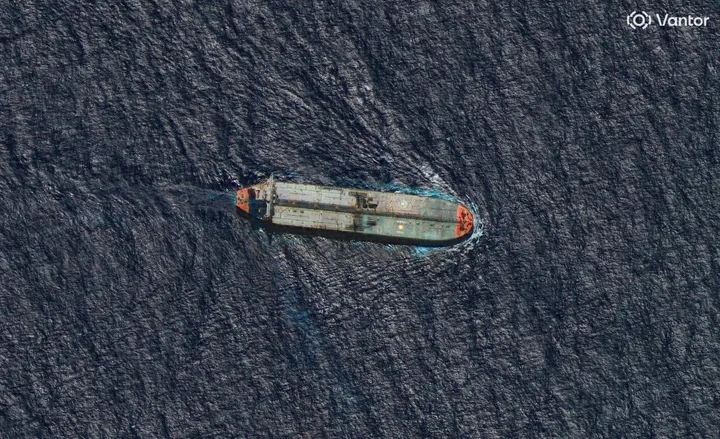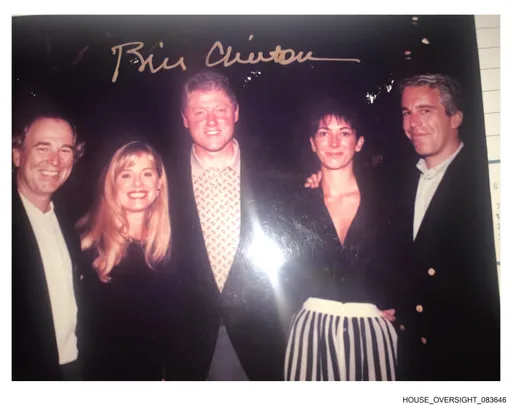For years Australia's cricketers have mocked New Zealand's no-sledging policy, now they plan to adopt it in a belated bid to repair their own battered reputation.
Australian coach Darren "Boof" Lehmann cited the Black Caps' approach when asked how his team needed to change its approach in the wake of the ball-tampering scandal in South Africa.
"The thing for me would be if we take a leaf out of someone like say New Zealand's book, the way they play and respect the opposition," he told reporters in Johannesburg.
It is a major turnaround for the Australians and Lehmann in particular, who has previously described his priorities as "win, win, win."
With his long-term future in doubt as Cricket Australia examines the team culture he encouraged, a chastened Lehmann said: "We've got to make sure we're respecting the game and its traditions."
'Overpaid prima donnas'
New Zealand decided to scrap sledging in 2013 after their own crisis of confidence, when they were skittled for 45 against South Africa at Newlands.
While that embarrassment was far less serious than the cheating attempted by Lehmann's Australia at the same ground five years later, the capitulation prompted a backlash among long-suffering New Zealand cricket fans.
Newly-appointed captain Brendon McCullum promised change and was as good as his word, acknowledging his players were seen as "overpaid, under-delivering prima donnas."
With his tattoos and swagger, McCullum appeared to be the New Zealand player most likely to adopt a hard-nosed Australian approach of baiting and belittling opponents.
Instead, he surprised many by setting out to revive the Black Caps' sense of sportsmanship and nurture his players' love of the game.
"One of the things that we decided we had to change was the public perception of us as people, not just on the cricket field but off it as well," he later said.
"The changes ... endeared us to our public and let's hope that continues for a long time."
It was a move that left the Lehmann-coached Australians distinctly unimpressed, best illustrated by their behaviour during the 2015 World Cup final.
'They deserved it'
New Zealand had beaten Australia in the group stages but did not rub their opponents' faces in it, leaving wicket keeper Brad Haddin nonplussed.
"They were that nice to us in New Zealand and we were that uncomfortable," he said after Australia's seven-wicket victory.
"I said: 'I'm not playing cricket like this. If we get another crack at these guys in the final I'm letting everything (out)'."
Haddin adopted the role of lead attack dog in the final as Australia gave New Zealand's batsmen a series of ugly send-offs, including a sneering farewell for Daniel Vettori in his final international appearance.
"You know what? They deserved it." he said.
It was not just Haddin who took exception to the New Zealanders' approach. Steve Smith and David Warner also made it known they had no time for such niceties.
McCullum received a curt "mind your own business" when he pointed out some of Smith's behaviour appeared petulant while he revelled in his win-at-all-costs attitude.
"You're not playing for the spirit of cricket award, are you?" he said in response to criticism from McCullum.
"You're playing for a series and for us that's what our goal is – to win the series. Our goal is to be number one in all formats and we're always going to fight for that."
Smith and Warner have been banned for 12 months over the plan to illegally doctor the ball with sandpaper and gain an unfair advantage in South Africa.
Whether Australia can change its toxic team culture in their absence — and whether Lehmann is the right person to oversee that change — remains to be seen.
























